OPINION BY OLIVIA PORPORA
At Wadsworth High School, there are twelve AP classes open to sophomores, juniors and seniors. Last year, 317 students were enrolled in AP classes and in May, the school issued 535 AP exams in all twelve of those subjects.

College Board grades exams on a five point scale, where 1 is the worst score a student can receive and 5 being the best. For most colleges, a score of 3 is the bottom-most score one can receive and still earn college credit for the class.
According to WHS’s data report, provided by College Board, 5% of students received a 1, and 25% of students received a 2; 30% of tests taken were not passed according to the AP Board grading scale.
34% of students received a 3, which is the lowest passing score a student can get. 23% received a 4 and 13% received a 5. The passing rates are then sent to colleges in hopes that the student will then receive college credit.
The cost is $96 per exam, which is a noteworthy amount, especially if a student plans on taking more than one exam. Furthermore, if the student does not pass, the money goes to waste entirely.
Many students find CCP and AP’s weighted GPA as a main factor in scheduling their courses. And while colleges have to legally accept a student’s weighted GPA, they still take the unweighted grades into account.
One of the main benefits to CCP is the lack of an exam or price to determine whether or not college credit is received. After one semester of CCP, students earn three credit hours. This allows students to opt out of many general education classes they are required to take in college.
However, not all subjects have CCP course taught at the high school. Math and science both lack a CCP alternative, so it is tough to compare their AP success to any other standard.
While the math department displays a high success rate between calculus and statistics, the credit is shared equally between teachers and students.

“Our math program is set up so we push it really fast… we introduce the AP problems throughout the year, so our students know what to expect,” said Mrs. North. “You get a chance to fail, and then you get a chance to come back and fix it and succeed.”
On the other hand, science displays a relatively low AP passing rate, with only 50% receiving a score above 2. This could be due to the fact that all three science classes must cover more than one specific topic area and all three seem to overlap in some form or another.
“There’s just so many concepts,” said chemistry teacher Mr. Recupero. “Sometimes the topics are easy and they fit together easily, but sometimes they’re just so different.”
As for English, there are two different AP class options provided for juniors and seniors along with one CCP class available for both grades. Upon passing the AP Language and Composition exam one becomes exempt from CCP Composition 1, or there is the option to take both CCP Composition 1 and 2 your junior year and be relieved of an English class your senior year.
When it comes to history, there are three different AP courses: economics, government, and US history. Both economics and government have not only a CCP alternate, but an academic one as well. The participation for AP economics is among the lowest out of all classes with a staggering 13 students on its roster this year. On the other hand, a CCP economics class has an average least 20 students.
Ultimately, if you are looking for guaranteed college credit at no price, CCP is the obvious choice. Yet, there is no definitive answer to which class path is actually better. Students opinions on the success rate of each vary, as they would with any class. It becomes challenging to gauge which is more beneficial to ones future.
Giving students the option to pick what type of classes one wants to take is important for a school to do. It gives the discretion and control back to the students to decide what they want to do in order to better their education and what would best suit them for their future academic career.
This story was printed in March. For more print articles, check out the full issue:


![Wadsworth High Hosts 2024 Commencement Ceremony [Photo and Video Gallery]](https://wadsworthbruin.com/wp-content/uploads/2024/05/IMG_3914-e1716990261188-1200x741.jpg)









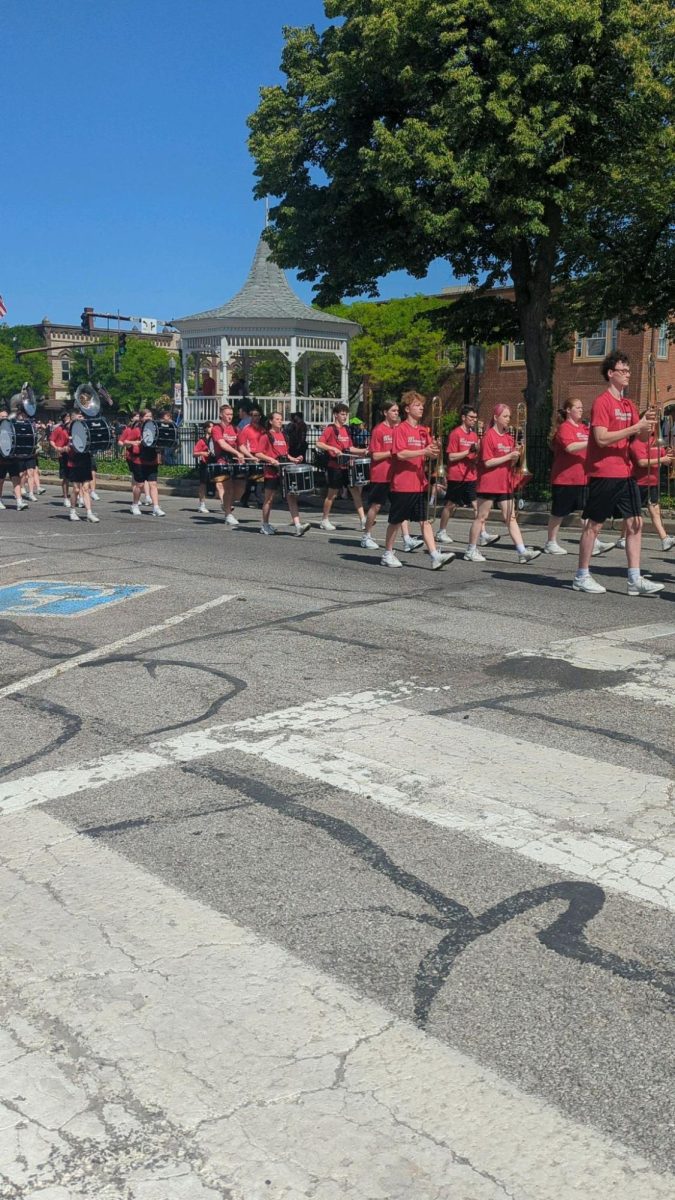





![Wadsworth High Celebrates Prom 2024 [Photo Gallery]](https://wadsworthbruin.com/wp-content/uploads/2024/05/IMG_2372-1200x800.jpg)
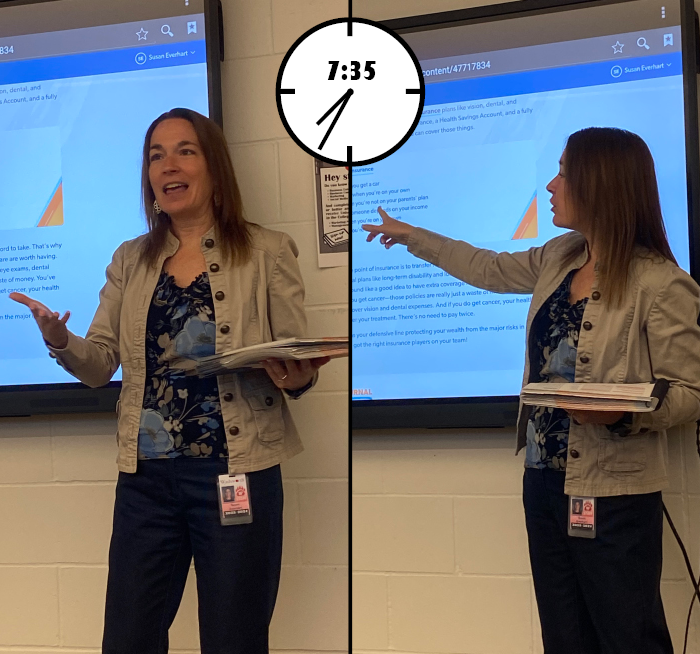






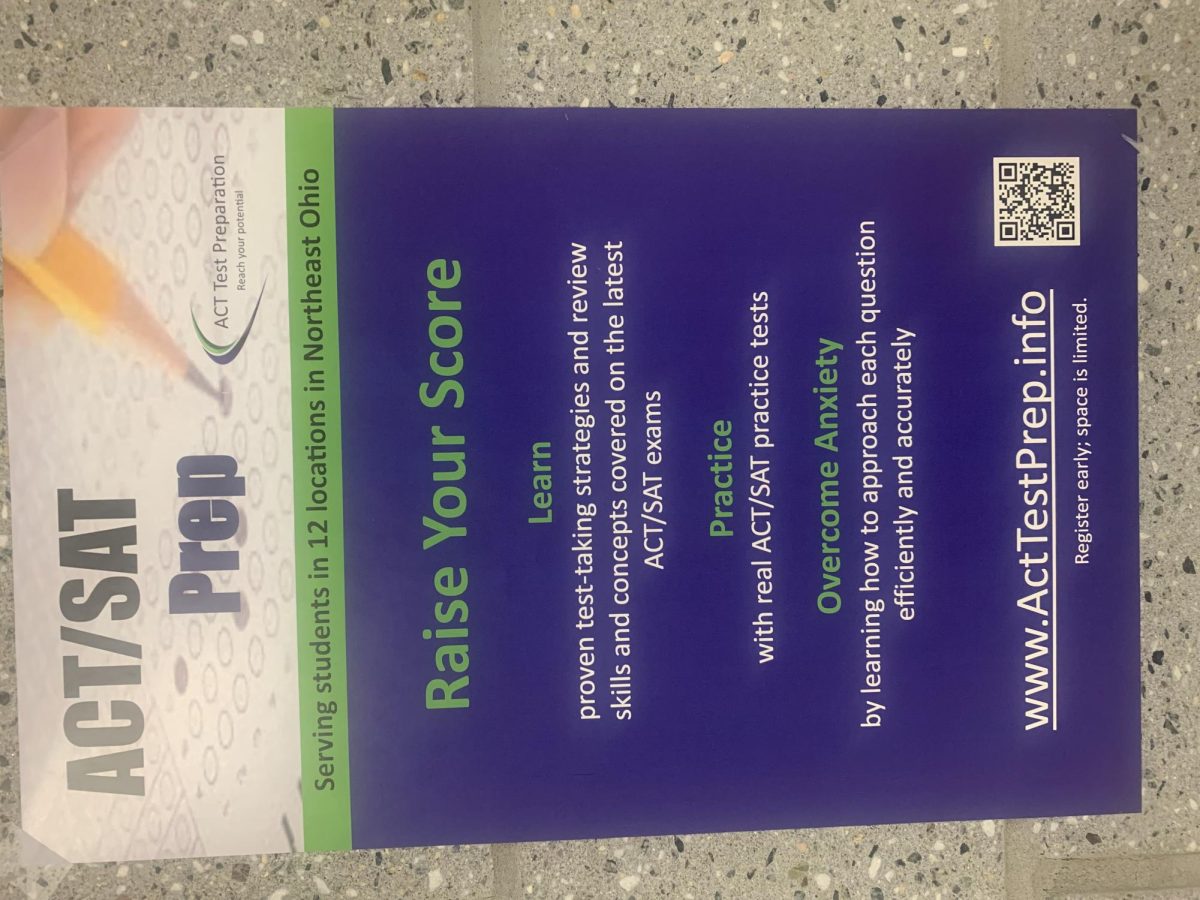

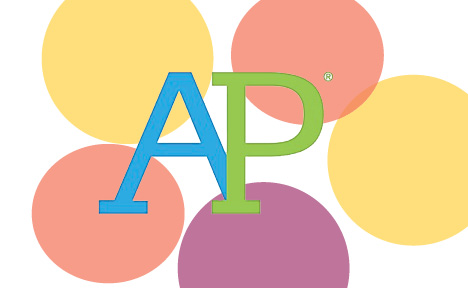




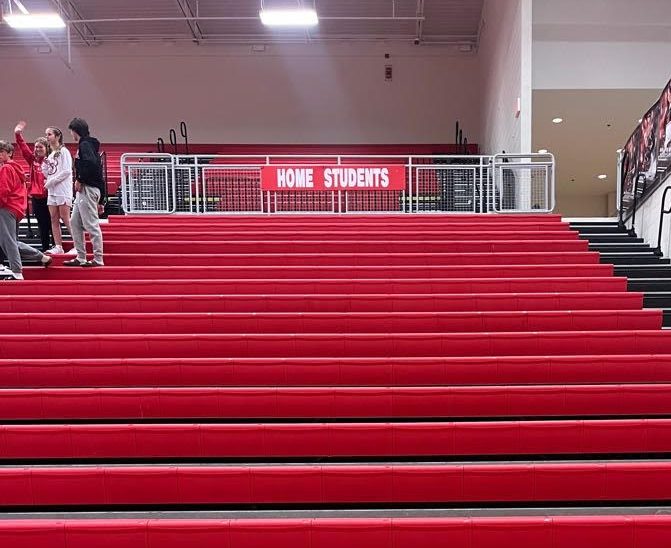
Victoria Addington • Jan 19, 2022 at 4:15 am
I am most captivated when you wrote that even though many colleges have to legally accept a student’s weighted GPA, they still take the unweighted grades into account. I see now the importance of having AP courses to secure my son’s admission to high-end colleges. I am more convinced now to enroll my son in an AP course-based high school.